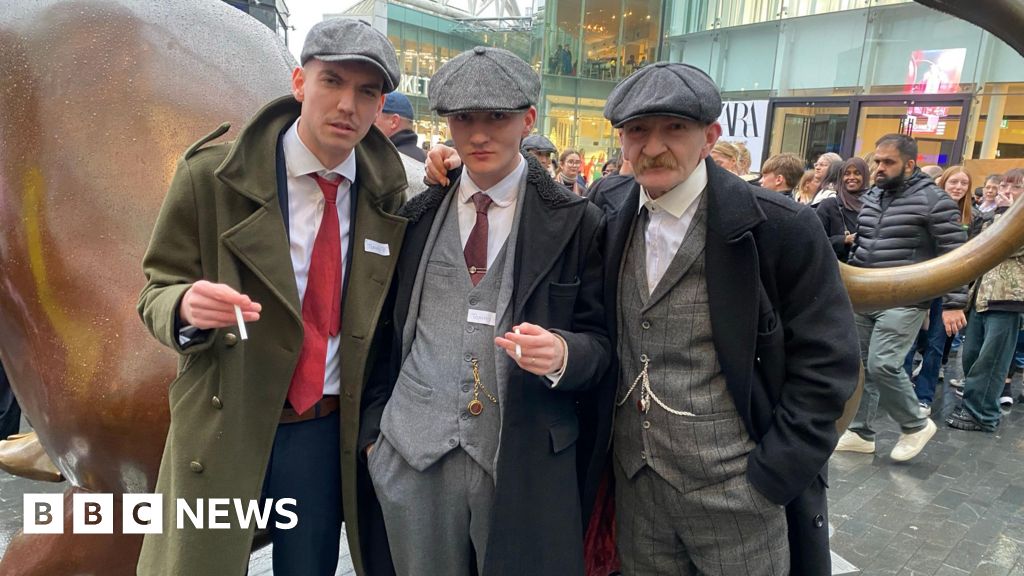The ECOWAS Court of Justice on Thursday in Abuja ordered Sierra Leone to amend, modify, or repeal the country’s laws on loitering in public places.
Delivering judgment, Justice Edward Asante, the Judge Rapporteur, held that Sierra Leone’s loitering laws violated the fundamental rights of the people.
The court, therefore, ordered Sierra Leone to undertake legislative reforms to amend, modify, or outrightly repeal the country’s loitering laws to comply with its human rights obligations under the African Charter.
According to the Community Court, the laws violate the right to non-discrimination and equal protection under Articles 2 and 3(1) of the African Charter on Human and Peoples’ Rights.
It added that the laws also imposed unwarranted restrictions on the people’s freedom of movement, which is contrary to Article 12(1) of the African Charter.
The court further noted that vague terms in the loitering laws, such as “idle” and “disorderly,” created opportunities for arbitrary enforcement.
This, it said, perpetuated discrimination against economically disadvantaged individuals and did not meet the standards of legality, necessity, and proportionality in a democratic society.
Nigerians need credible journalism. Help us report it.
Support journalism driven by facts, created by Nigerians for Nigerians. Our thorough, researched reporting relies on the support of readers like you.
Help us maintain free and accessible news for all with a small donation.
Every contribution guarantees that we can keep delivering important stories —no paywalls, just quality journalism.
It further ordered Sierra Leone to comply with the country’s obligations under Articles 1, 2, 3(1), and 12(1) of the African Charter on Human and Peoples’ Rights.
The News Agency of Nigeria (NAN) reports that a Sierra Leonean NGO, Advocaid Ltd, had filed the suit on 12 April 2022, challenging certain provisions of Sierra Leone’s Public Order Act.
The organisation also challenged the country’s Summary Conviction Offences Ordinance, and the Criminal Procedure Act, which authorise the police to arrest any person found loitering in a public place and cannot give a good account of himself or herself.
The applicant contended that maintaining and enforcing these laws violated the principles of non-discrimination, equality before the law, and freedom of movement, particularly concerning impoverished and marginalised people.
READ ALSO: SERAP replies SSS’ libel suit, says agency known for intimidating, harassing innocent citizens
The court, however, ordered each party to bear their own costs in the suit.
NAN also reports that the three-member panel consisted of the court’s President, Justice Ricardo Gonçalves and Justice Dupe Atoki.
(NAN)
Support PREMIUM TIMES' journalism of integrity and credibility
At Premium Times, we firmly believe in the importance of high-quality journalism. Recognizing that not everyone can afford costly news subscriptions, we are dedicated to delivering meticulously researched, fact-checked news that remains freely accessible to all.
Whether you turn to Premium Times for daily updates, in-depth investigations into pressing national issues, or entertaining trending stories, we value your readership.
It’s essential to acknowledge that news production incurs expenses, and we take pride in never placing our stories behind a prohibitive paywall.
Would you consider supporting us with a modest contribution on a monthly basis to help maintain our commitment to free, accessible news?
TEXT AD: Call Willie - +2348098788999

















 English (US) ·
English (US) ·